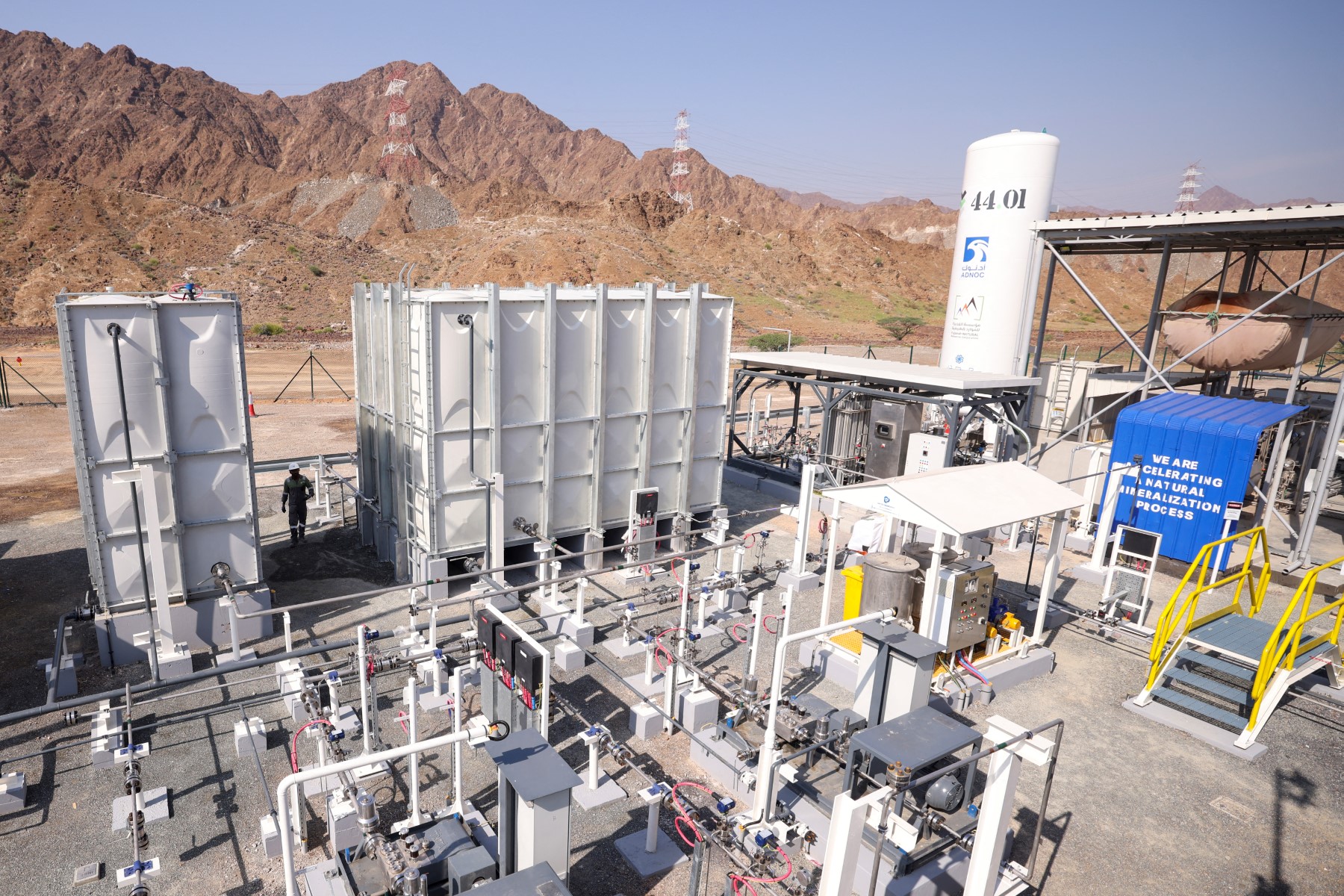
403
Sorry!!
Error! We're sorry, but the page you were
looking for doesn't exist.
Oil prices rise amid fears of conflict in Middle East
(MENAFN) Oil prices experienced a notable rebound in early trading on Tuesday, reversing the declines from the previous day. brent crude futures increased by USD1.25, or 1.6 percent, reaching USD77.55 a barrel, while U.S. West Texas Intermediate (WTI) crude futures rose by USD1.35, or 1.9 percent, to USD74.29. This uptick was driven by heightened fears that a worsening conflict in the Middle East could disrupt oil supplies, overshadowing concerns about a potential U.S. recession that might dampen demand.
The previous day saw a decline in oil prices by about one percent, mirroring the drop in global stock markets. However, this decrease was somewhat mitigated by the market's apprehension over the possible escalation of regional conflicts. Specifically, there were concerns that Iran's response to the assassination of Hamas leader Ismail Haniyeh could potentially lead to a broader war in the Middle East. Hiroyuki Kikukawa, president of NS Trading, noted that the market is factoring in a possible retaliatory strike from Iran and is focused on the potential scope of such a conflict and Israel's counteractions.
Kikukawa indicated that if the Middle Eastern conflict intensifies, oil prices are likely to rise further. Conversely, if the situation is contained similarly to previous instances of conflict escalation, such as in April, the gains in oil prices might be more subdued. The geopolitical tension is compounded by the preparations of Israel and the United States for a possible escalation, following threats of retaliation from Iran, Hamas, and Hezbollah in response to recent violent incidents.
The previous day saw a decline in oil prices by about one percent, mirroring the drop in global stock markets. However, this decrease was somewhat mitigated by the market's apprehension over the possible escalation of regional conflicts. Specifically, there were concerns that Iran's response to the assassination of Hamas leader Ismail Haniyeh could potentially lead to a broader war in the Middle East. Hiroyuki Kikukawa, president of NS Trading, noted that the market is factoring in a possible retaliatory strike from Iran and is focused on the potential scope of such a conflict and Israel's counteractions.
Kikukawa indicated that if the Middle Eastern conflict intensifies, oil prices are likely to rise further. Conversely, if the situation is contained similarly to previous instances of conflict escalation, such as in April, the gains in oil prices might be more subdued. The geopolitical tension is compounded by the preparations of Israel and the United States for a possible escalation, following threats of retaliation from Iran, Hamas, and Hezbollah in response to recent violent incidents.

Legal Disclaimer:
MENAFN provides the information “as is” without warranty of any kind. We do not accept any responsibility or liability for the accuracy, content, images, videos, licenses, completeness, legality, or reliability of the information contained in this article. If you have any complaints or copyright issues related to this article, kindly contact the provider above.
Most popular stories
Market Research

- Manuka Honey Market Report 2024, Industry Growth, Size, Share, Top Compan...
- Modular Kitchen Market 2024, Industry Growth, Share, Size, Key Players An...
- Acrylamide Production Cost Analysis Report: A Comprehensive Assessment Of...
- Fish Sauce Market 2024, Industry Trends, Growth, Demand And Analysis Repo...
- Australia Foreign Exchange Market Size, Growth, Industry Demand And Forec...
- Cold Pressed Oil Market Trends 2024, Leading Companies Share, Size And Fo...
- Pasta Sauce Market 2024, Industry Growth, Share, Size, Key Players Analys...





















Comments
No comment